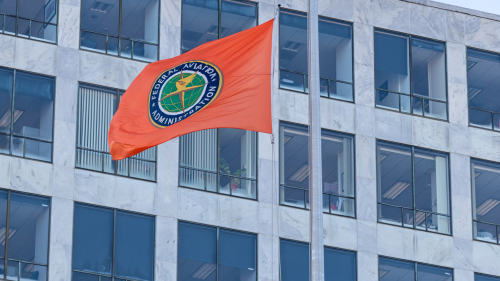
A bipartisan bill that would strengthen the FAA certification process and improve the regulatory process is garnering more support as it heads to the House floor for a vote.
The bill, H.R. 8408 or the “Aircraft Certification Reform and Accountability Act,” was introduced last week by U.S. Reps. Peter DeFazio (D-OR), the chair of the House Committee on Transportation and Infrastructure; Sam Graves (R-MO), that committee’s ranking member; Rick Larsen (D-WA), the chair of the Aviation Subcommittee; and Garret Graves (R-LA), the ranking member of the subcommittee.
The bill addresses recommendations made due to the many reviews of the regulatory process in the wake of two deadly Boeing 737 MAX crashes in 2019. The bill also incorporates improvements in the analysis of human factors, recommended by the National Transportation Safety Board, which is needed as airplanes become more and more automated.
The bill passed out of committee on a voice vote.
As the bill heads to the House floor, it has garnered the support of more than a dozen groups, including the Air Line Pilots Association, International (ALPA); the Society of Professional Engineering Employees in Aerospace (SPEEA); and the Transport Workers Union, International (TWU).
“As the largest nongovernmental air safety organization in the world, the safety of our passengers and cargo is always the top priority for ALPA. An open and transparent safety culture is necessary to achieve the highest standards. The recently introduced Aircraft Certification Reform and Accountability Act is a comprehensive, bipartisan measure that puts in place the critical reforms needed to ensure a proactive and objective safety culture at all levels. The bill is responsive to the gravity of the recent tragedies and takes into account the details from the accident investigation reports,” said Captain Joe DePete, with the ALPA. “We are especially pleased that the pilots who will be operating and managing the flights using these aircraft will be an integral part of the certification process, ensuring that all newly developed and certificated aircraft will be held to the highest levels of safety necessary to keep our aviation system the safest in the world.”